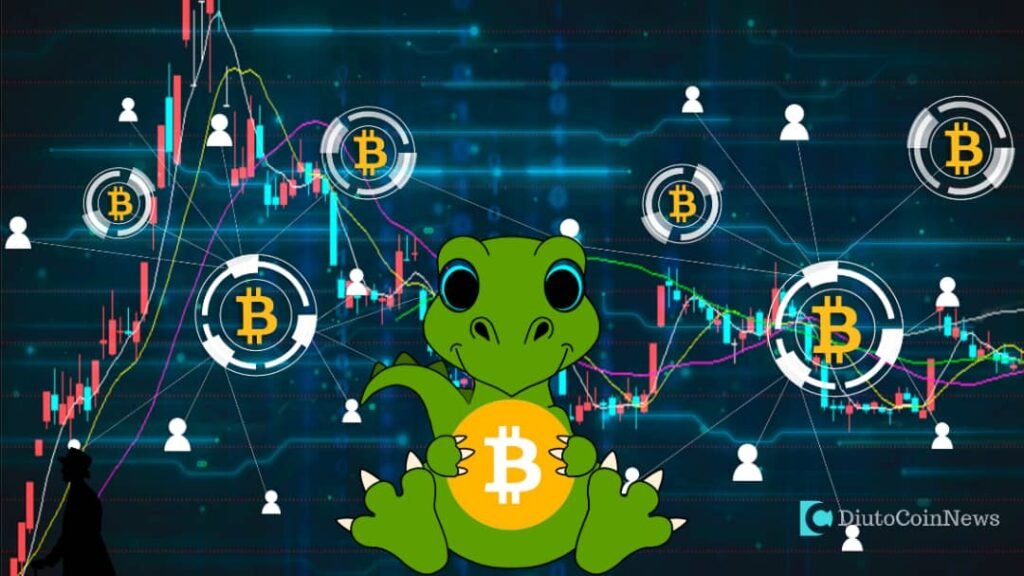Boston University’s Global Development Policy Centre released a research study on Thursday unveiling an increase in the rate of Chinese lending to Africa. This was recorded at US$ 4.6 billion as of 2023.
The Loan Build-up
China’s loans to Africa exceeded $10 billion each year during the beginning days of Chinese President Xi Jinping’s global infrastructure project, the Belt and Road Initiative, or BRI.
These loans went to Africa’s energy sector (US$ 62.7 billion), transportation (US$ 52.7 billion), information and communication technology ($15.67 billion), and the financial sector ($11.98 billion).
However, the lending rate plummeted downwards during the COVID-19 pandemic, considering China faced its economic meltdown at the time.
This setback affected a lot of projects, including the modern railway project to connect Kenya and neighbouring nations, including DRC.
Now, in 2023, Chinese lenders recorded the highest lending quota since the onset of COVID-19 in 2019, after dispensing 13 new commitments rated at US$ 4.6 billion to 8 African countries and 2 regional financial institutions.
Public Comments and Reactions
More than half the total amount dispensed for 2023 – US $2.59 billion – was for African multilateral banks and regional lenders, which is a risk mitigation strategy, as the research note mentioned.
“Chinese lenders’ focus on African financial institutions most likely represents China’s risk mitigation strategy that avoids exposure to African countries’ debt challenges”
Cobus van Staden, managing editor at the China Global South Project, a think tank based in Pretoria, agreed to this in his comments.
“If you’re lending to African multilateral institutions, that means you are in a mix of lenders, and there are de-risking mechanisms in place, partly because the risk is also separated across many actors.” “If you’re lending bilaterally, particularly to a government, then you … the risk impact is higher.”
The research note added, “Going forward, China will likely continue to pursue a bifurcated strategy of risk-averse experiments with borrowers that received fewer loans in past years and decidedly riskier forms of engagement with its longtime partners.”
Final Thoughts
China has been called out by critics over time for entrapping African countries in “debt traps,” by which large sums owed to Chinese companies make African governments cling to Beijing economically and politically. However, financial experts have corrected this illusion.
Discover more from DiutoCoinNews
Subscribe to get the latest posts sent to your email.















